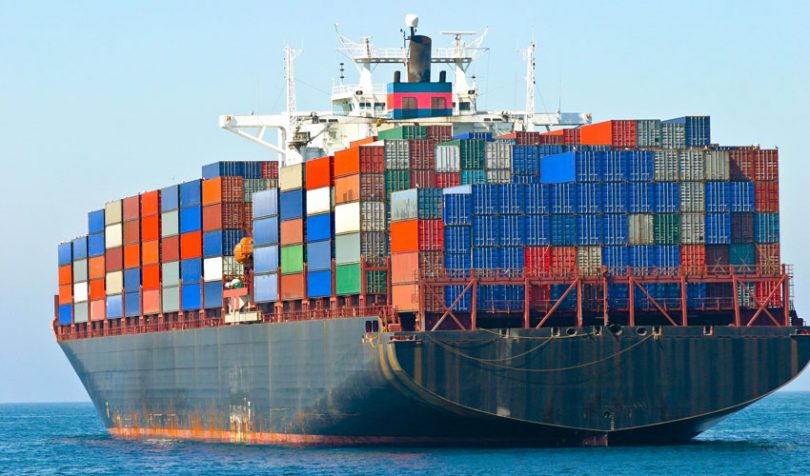On June 11th, international shipping company Panalpina released details of its pilot for electronic bills of lading (e-BLs). The blockchain solution aims to digitize the traditionally paper-based documents which are crucial to freight administration. Panalpina is one of the top ten freight forwarders in the world.
The Swiss-based firm claims blockchain has fallen short of its potential – lots of proofs of concept, but not much actual use. Yesterday’s announcement points out the possible reasons for this lack of acceptance are missing standards and lack of trust in the new tech.
Panalpina proposes a solution which it claims is practical and realistic, hence encouraging broader adoption by those who are hesitant to trust blockchain. The firm, boasting over one million tons of transported air freight and almost 1.5 million TEUs of ocean freight last year, is a member of the Blockchain in Transport Alliance (BiTA), a group that has a focus on setting blockchain industry standards.
The solution currently consists of three separate projects, all working on the digitization of bills of lading. Panalpina is running these projects in parallel to traditional systems, so the firm and its customers can clearly see the results of using DLT.
Two of the projects use blockchains to store and process freight documents from Asia to Europe; while the third aims to increase the efficiency of air shipments from North to South America with digital documents.
However, Panalpina is careful not to put all their eggs in a blockchain basket. Yesterday’s release mentions a recent study which found that the perception of blockchain is still mixed among supply chain managers. So the firm appears to be trying to keep those skeptics on its side.
Cedric Rutishauser, the Senior Venture Development Manager of the firm’s digital arm, said: “These early-stage projects are 85 percent about digitization and 15 percent about blockchain – we are starting to see clear benefits in cost savings through simplified and speedier processes, and lower document courier costs.”
“But the real advantage of blockchain lies in the ‘single source of truth’. Improved data sharing between trade partners creates more transparency, with clear ownership and responsibility for each documented step in the supply chain.”
Far from the first application of blockchain for e-BLs, Panalpina has some stiff competition. The first decentralized network for BLs was put forward by Israeli firm, Wave. Plus, the world’s largest freight forwarder, Kuehne + Nagel, last year partnered with Accenture to digitize bills of lading and is involved in multiple blockchain projects.
Shipping giants such as PIL have joined forces with IBM to work on a similar pilot, with PIL’s home government of Singapore is exploring the possibility. IBM is also a leading member of the blockchain focused TradeLens project with Maersk. Just last week we reported the success of blockchain firm CargoX’s attempt at smart BLs.






